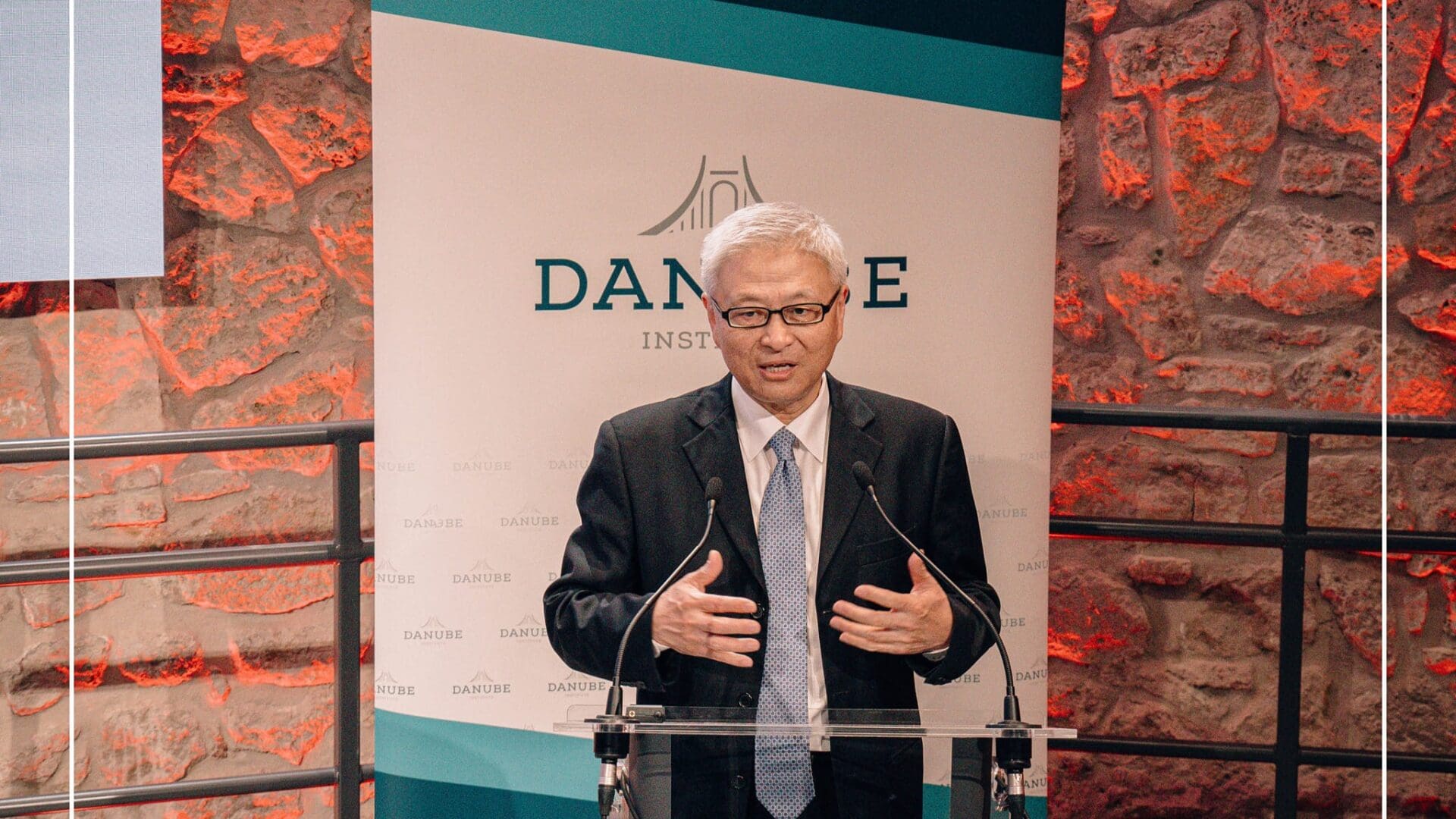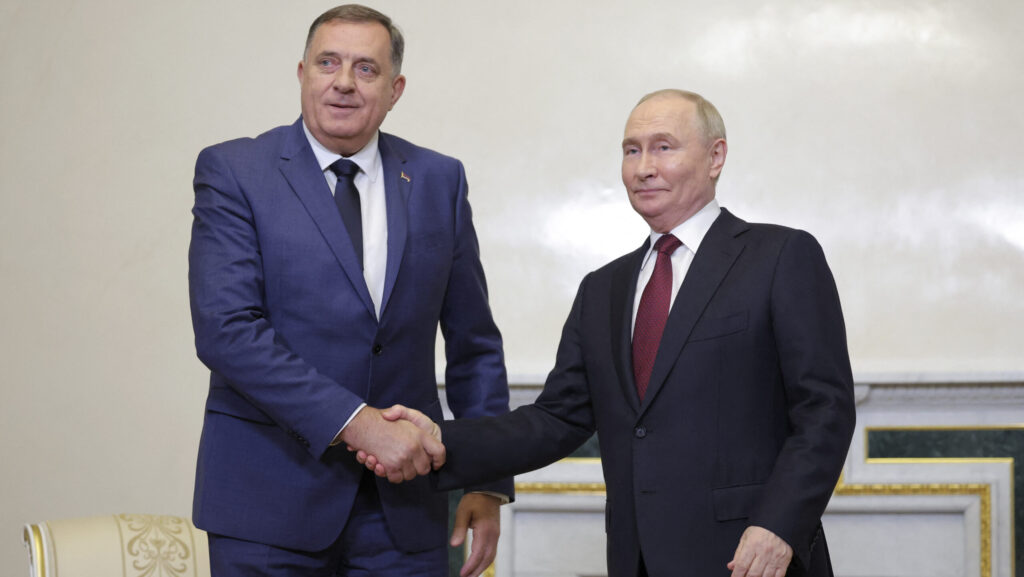Professor Yan Xuetong, the dean of Tsinghua University’s Institute of International Relations and China’s foremost political scientist, stated in his recent lecture in Budapest that China has no interest in engaging in ideological competition with the United States because its socialism is specific to China and it does not want to export it to other countries.
The professor, who was speaking at a Danube Institute event, summarized the three primary elements that influence China’s foreign policy.
Firstly, strategic competition with the US; secondly, the trend of counter-globalization and the ensuing strategic uncertainty; and thirdly, the arrival of the digital era.
Yan Xuetong clarified that while ideological expansion helped the major powers compete during the Cold War, no nation can do so today. The reason for this is that we live in a digital age, therefore gaining technological mastery is necessary; a nation cannot surpass another by enticing it to join its ideological cause through a proxy war or coup.
Furthermore, he emphasized that China should refrain from intellectual warfare, even if the US does not. As he put it,
China does not wish to engage in ideological rivalry, since its socialism is a Chinese concept that is unique to China and cannot be exported to other nations.
Describing the term ‘counter-globalization’ he explained that it was sparked by the deglobalization initiatives of various governments, with the aim to break up international collaboration, divide the world market, and halt free trade globally.
The Chinese scholar observed that whereas technological advancement—from the telegraph and 5G or from the industrial revolution to the digital age—progresses linearly, global politics exhibits ‘retrogressive’ dynamics or regression. The First World War was a regression in comparison to the calm times of before it began; the interwar years were a period of growth, while the Second World War was also a regression.
The Cold War was a step forward in comparison to the Second World War, and the post-war era that ensued was likewise a step forward, with fewer people losing their lives in combat, Yen Xuetong stated. In his opinion, the current era represents another step backwards, with the number of war casualties increasing once more.
The Chinese expert highlighted that the US containment strategy was partial since it sought to keep China behind in areas like technology and novel discoveries, but it also desired to have a market in China. Yen Xuetong called attention to the fact that the Biden administration no longer refers to globalization in its public documents because it thinks globalization has already happened, and it is only China that benefits from globalization, not the United States. In fact, Donald Trump also sees it that way, he stressed, noting that protectionism is becoming more popular in the US than globalization.
In terms of international conflicts, the professor expressed his belief that ideological rivalry and proxy conflicts should be avoided to prevent a new Cold War.
‘It is in the interests of the United States, not China, to adopt a Cold War mindset. China is eager to collaborate with the US.
China must keep the power differential between it and the US from growing, regardless of GDP or technical advancement. This is challenging overall, but it is simpler to accomplish in particular situations,’ he remarked.
Establishing a favourable geopolitical climate in Asia and worldwide is China’s most challenging task. China is not in the same situation as the United States was when it emerged as the only superpower following World War II. He clarified that throughout the post-war era, human rights superseded sovereignty in terms of norms, and liberalism emerged as the dominant ideology, with the US dominating the power structure. But today, there is a conflict between liberalism and populism, and a decentralization of global power, as well as a clash between sovereignty and human rights.
Yan Xuetong cautioned against the extremely risky inclination of prioritizing economic security above progress since it is a ‘rubber stamp’, and virtually any policy can be justified with the claim that it fosters economic security while not fostering global cooperation.
The lecturer concluded by saying: ‘We must not support counter-globalization because we are living in a very dangerous time, and the world is not going forward but backwards.’








